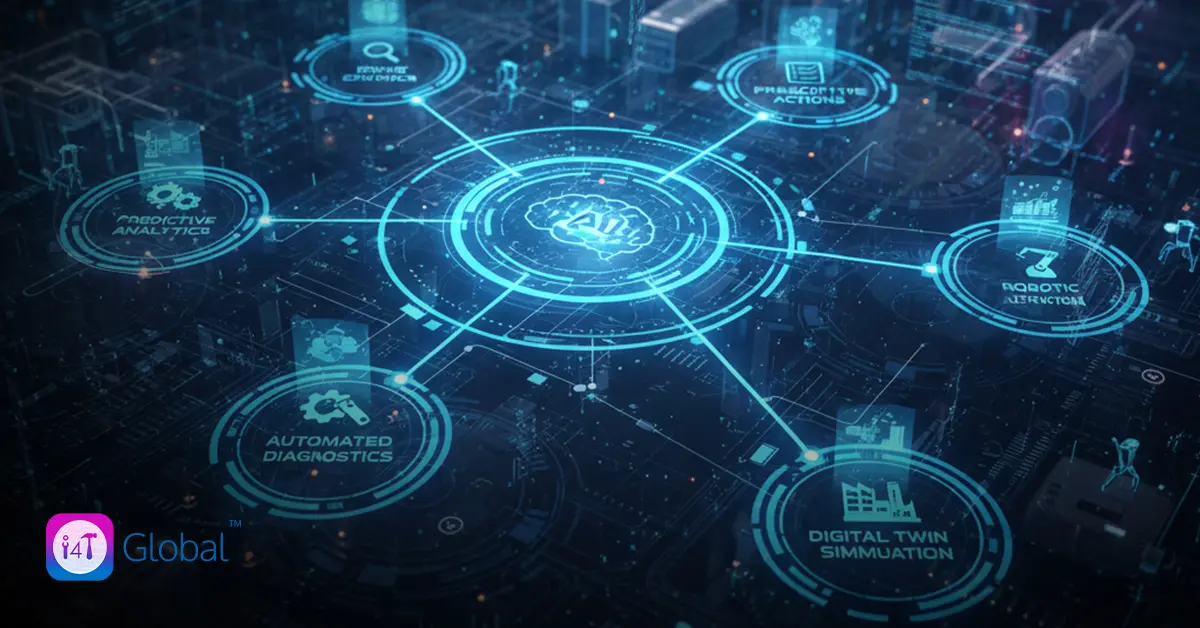Effective compliance management is of utmost importance for property owners and maintenance managers. This can help them avoid hefty fines, damage to reputation, loss of clients, and other legal repercussions.
By providing a centralized system for managing compliance requirements and streamlining workflows, property maintenance management software can play a vital role in simplifying the process.
Types of Property Maintenance Compliance
- Legal compliance: It’s vital for property maintenance managers to adhere to local, state, or federal laws while carrying out their duties. These can include following zoning ordinances, building codes, and safety rules.
- Environmental Compliance: Property maintenance managers must ensure state guidelines on protecting the environment are met. Getting rid of waste, how to handle dangerous materials, and how to save energy, are some of the things to look at.
- Health and Safety Compliance: This includes complying with rules with respect to employee safety, fire safety, and health standards.
- Building Code Compliance: Strict adherence to building codes and rules governing the construction and upkeep of properties must be in place.
- Industry Standards and Best Practices: These laws are set by professional associations or other accredited bodies. Adherence to these industry standards and best practices for property maintenance is crucial.
Challenges Property Maintenance Managers face with Compliance Management
- Complicated Compliance Requirements: Compliance requirements can be hard to understand and hence difficult to follow.
- Changing Rules and Regulations: Rules and regulations are updated frequently, requiring managers to keep up with the latest changes.
- Limited Resources: Compliance management can be time-consuming and labor-intensive. Property maintenance managers might only have enough time, money, or staff to devote to compliance management.
- Lack of Knowledge and Training: Property maintenance staff may not be adequately trained on how to carry out compliance management.
- Liability and Risk Management: Property maintenance managers who don’t follow the rules could be held legally and financially responsible. This is why risk management and liability mitigation are so important.
Maintenance Management Software For Compliance Management
Property maintenance management software can serve as a great tool to simplify and fast-track compliance management. Some of the features you’ll find beneficial include the software’s ability to:
- Automate compliance checks and send alerts when compliance requirements are not met.
- Provide a centralized system for storing compliance documentation, such as permits, inspection reports, and compliance certificates.
- Track compliance-related tasks, assign them to staff, and give reports on task completion and compliance status.
- Show compliance metrics like compliance rates, risks, and trends.
- Integrate with other systems, like accounting or ERP systems, to make sure that all business processes are compliant.
Compliance Management Best Practices
- Determine which rules and standards apply to their properties and operations.
- Create and implement compliance policies and procedures that align with the laws and standards in place.
- Educate and train staff on compliance requirements and how to ensure compliance.
- Conduct regular audits and assessments to identify areas of non-compliance and implement corrective actions.
- Leverage technology platforms such as property maintenance management software to avoid information falling through the cracks. This also simplifies following compliance management procedures, and making processes auditable.
FAQ
What is compliance management?
Compliance management in property maintenance involves ensuring that properties comply with various regulatory requirements. This includes environmental, health, and safety laws, building codes, and industry standards. It involves processes and procedures that are designed to ensure compliance with applicable regulations, standards, and best practices.
Why is compliance management important?
Compliance management is important in property maintenance because it helps to minimize legal and financial risks associated with non-compliance. It ensures that properties are maintained in accordance with applicable regulations, standards, and best practices. This, in turn, keeps occupants safe and properties sustainable.
What are the different types of compliance requirements in property maintenance?
There are several types of compliance requirements in property maintenance. These include legal and regulatory compliance, environmental compliance, health and safety compliance, building code compliance, and industry standards and best practices.
How can property maintenance management software support compliance management?
Property maintenance management software can help with compliance management by providing:
- Automated compliance checks and alerts,
- Record keeping and documentation,
- Task management and reporting,
- Compliance dashboard and analytics, and
- Integration with other systems.
What are the best practices for compliance management?
Best practices for compliance management in property maintenance include:
- Identifying applicable regulations and standards.
- Developing and implementing compliance policies and procedures,
- Training and educating staff on compliance requirements,
- Conducting regular audits and assessments, and
- Using property maintenance management software to streamline compliance management processes.
Hot off the press!

With our cutting-edge technology and in-depth knowledge of how the Field Service Management sector operates, the i4TGlobal Team loves to share industry insights to help streamline your business processes and generate new leads. We are driven by innovation and are passionate about delivering solutions that are transparent, compliant, efficient and safe for all stakeholders and across all touch points.




